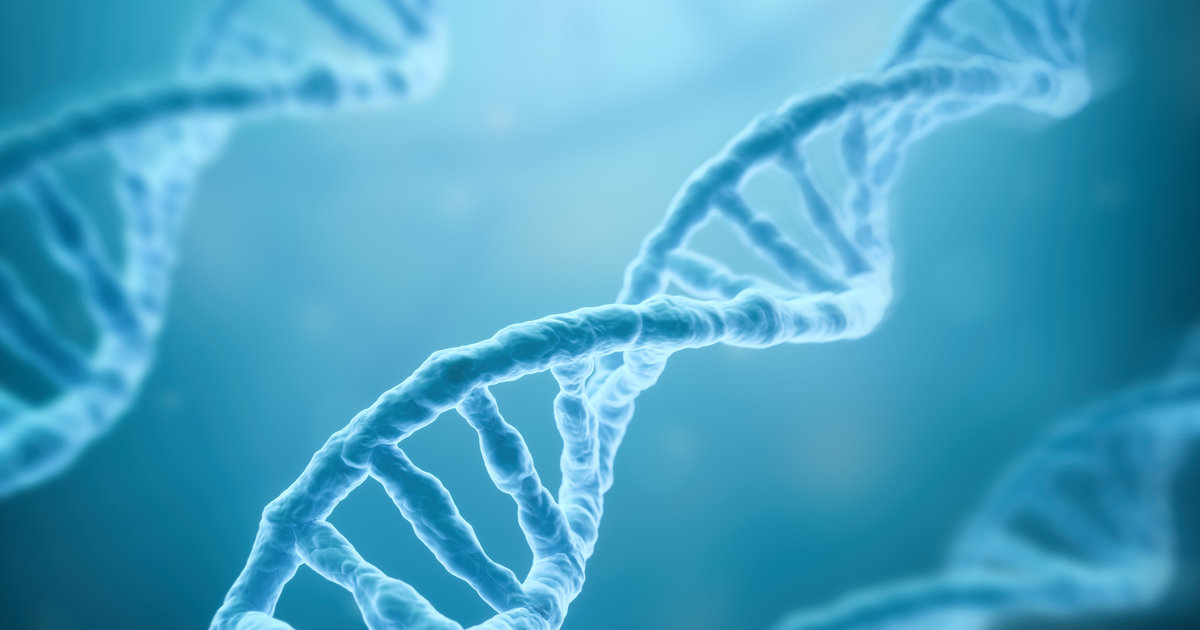Causes Of Congenital Insensitivity To Pain
Autosomal Recessive Inheritance

Congenital insensitivity to pain occurs through autosomal recessive inheritance of the mutated gene. This means the individual with the disorder inherits a copy of the gene mutation from each of their parents. Although their parents are carriers of the gene mutation, because they only have one copy, they are typically healthy and do not present any symptoms or report any issues from the disorder. With the inheritance of a copy of the mutation from each parent, the disorder is then activated in the child, leading to the onset of symptoms at birth and continue throughout the child's life.
Continue reading to learn about how congenital insensitivity to pain is diagnosed.
Diagnosis

Diagnosis for congenital insensitivity to pain is typically made through a complete review of the patient's medical history and symptoms. A physical exam will be completed, and laboratory tests will be conducted to rule out other illness and ailments that may be causing the symptoms. Physicians who suspect congenital insensitivity to pain is the cause of the patient's symptoms can confirm their diagnosis through genetic testing. Doctors will refer the patient to a genetic counselor or medical geneticist who will then conduct a blood test and evaluate the SCN9A gene and confirm the mutation.
Learn about the at-risk groups for congenital insensitivity to pain now.
